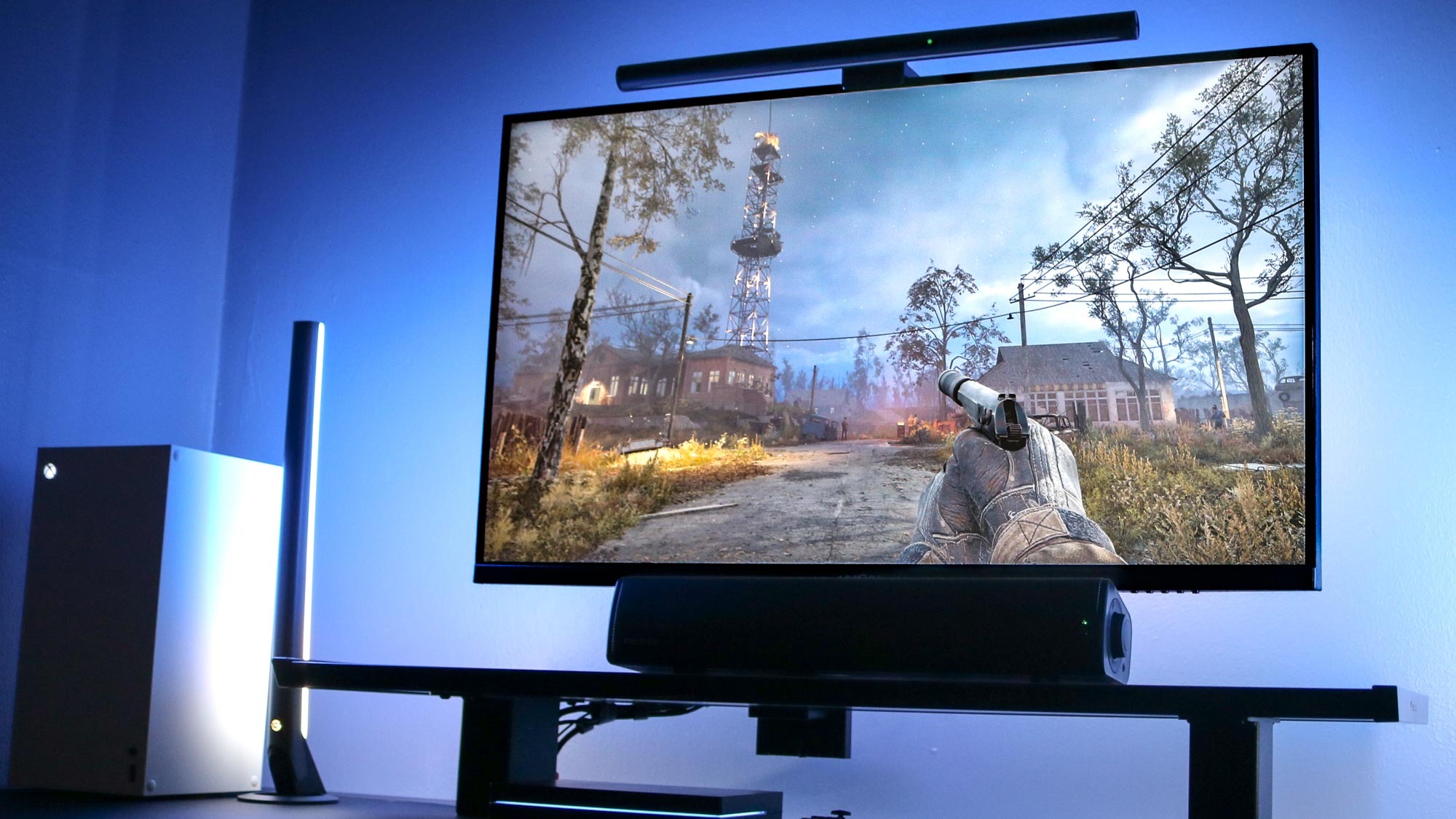
Even Elle Macpherson, a model who would come to be known as “The Body,” faced her share of rejections early in her career: As she recalls in her new memoir, simply titled “Elle,” a prevailing attitude at the time was that “girls with brown eyes don’t get covers” of top magazines. Except, in her case, they did. The willowy Australian set a record for most Sports Illustrated swimsuit covers and popped up in movies and TV shows, including a recurring role on “Friends,” before starting a wellness company.
“It took me a long time to settle into the woman that I am today,” Macpherson says during a video interview from her home in Miami. To illustrate her point, she gestures at the risque back cover of her memoir, a nude photo taken decades ago by Ellen von Unwerth, and then the comparatively fresh-face image on the front of the book. “It’s almost like this is the girl I was throughout my career, and this is the woman I am today,” she says.
Her ex-husband, Gilles Bensimon, shot the contemporary image of Macpherson in jeans and a T-shirt with minimal makeup, her blond mane framing her face. She credits Bensimon, an iconic fashion photographer, with giving her a timeless style tip about the power of a plain T-shirt and sparse makeup. “It was quality advice,” she says during the conversation before U.
S. publication of her controversial memoir. “Elle,” which was released in Australia a couple months ago, angered healthcare professionals and cancer survivors for Macpherson’s revel ation in the book that she had been diagnosed with breast cancer in 2017 but chose alternative therapies to overcome it in lieu of chemotherapy.
“Saying no to standard and medical solutions was the hardest thing I’ve ever done in my life,” Macpherson writes in the memoir. While the backlash was off-limits during our conversation, Macpherson considers the chapters about her cancer journey and treatment for alcohol addiction to be the most revealing. She said she realized she had an alcohol problem after giving birth to her second son in 2003.
“All I could think about was that bottle of champagne in the ice bucket,” she writes. Some of these chapters are gleaned from Macpherson’s diary entries during that time; others are written almost in stream-of-consciousness. “As I settled into recalling it as I was writing, it came quite naturally,” she says.
“I just sat, and it flowed. It’s almost like it wrote itself.” Macpherson hopes her experiences “are helpful to people who are struggling or are questioning any addiction in their life and how to approach it.
I think people will be surprised by how much we have in common.” She also writes about the discomfort she felt in front of the camera as one of the “Supers,” her name uttered in the same breath as that of Naomi Campbell and Cindy Crawford, as well as a perfectionism and need for control that emerged during her sun-drenched childhood on Sydney’s North Shore, even as she helped to define the beachy ideal of Aussie surfer chic. Beauty is not “dependent on the color of your eyes or the color of your hair or your cheekbones or your weight,” she says.
“That’s something I’m finding really encouraging over the last 40 years.” She adds: “I hope that this book helps young girls find themselves and find their unique strength and beauty early on in life. Not when they’re 60, although there’s nothing wrong with finding it when you’re 60.
”.














